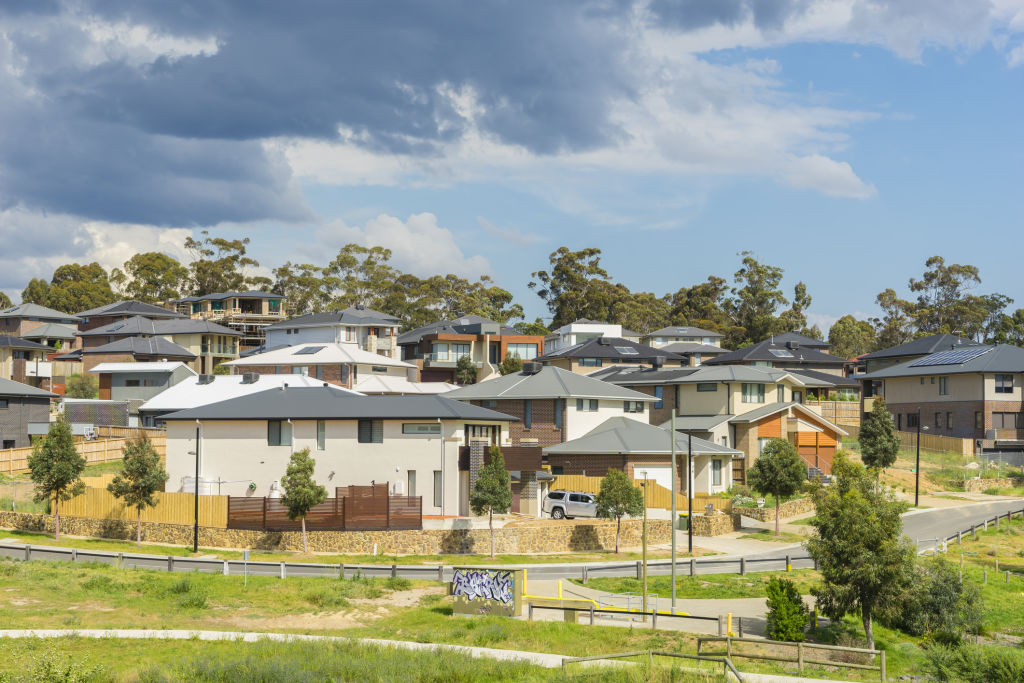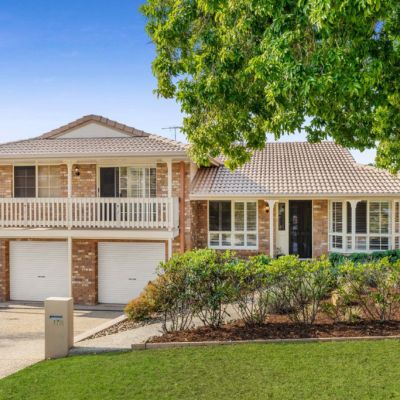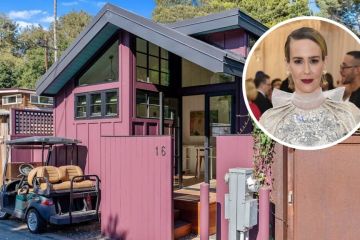Tighter lending conditions set to increase first-home buyers’ reliance on bank of mum and dad

First-home buyers are expected to increasingly rely on the bank of mum and dad to get on the property ladder, despite improving affordability in Australia’s biggest housing markets.
Experts say tighter lending conditions mean more buyers will require parental assistance to buy a home, even though median house prices have fallen in Sydney and Melbourne.
Almost half of first-home buyers get a financial boost to their deposit from their parents, and one in five have help with both the deposit and their parents acting as a guarantor, research from financial comparison website Finder has shown.
“The harsh reality is without their parents’ help, many young Australians would not get on the housing ladder,” said Finder’s Kate Browne.
Most economists surveyed by Finder said the number of first-home buyers relying on parents won’t decline, with 35 per cent predicting an increase and 41 per cent expecting the rate will remain the same.
ABC Bullion’s Jordan Eliseo said the overall number of loans going to first-home buyers may fall, but the number of buyers relying on parents will rise.
“Any help parents can give acting as guarantor or helping with the deposit is going to become even more favourable with anyone wanting to get access to credit,” he said.
“It makes sense that the demand on parents is only going to go up as kids are struggling to get access to as much credit as they might have previously.”
Australia’s median house price fell 2.9 per cent over the year to September 2018, dragged down by a 6.5 per cent fall in Sydney and a 3.2 per cent fall in Melbourne, according to Domain group data.
However, it still takes almost seven years for a couple to save a deposit for an entry-level house in Sydney, and at least six years in Melbourne, due in part to price growth in the entry-level market.
Credit squeeze pushes buyers to parents
Domain research analyst Eliza Owen said tighter lending conditions are a double-edged sword for first-home buyers.
“The benefits of having higher loan restrictions is that there’s less capital to bid up prices, but there’s also less access to credit,” she said.
“Tighter lending restrictions would likely increase that rate of first-home buyers who are relying on their mum and dad, particularly when coming up with that initial deposit.”
First-home buyer Mary Clarke, 35, recently put a deposit on an off-the-plan apartment in the Melbourne suburb of Collingwood.
She supplemented her savings with money from her mother, but is concerned that lending restrictions may force her to ask her parents to back the loan at settlement.
“At this stage it could be a little bit risky,” she said. “The banks may say I need a 20 per cent deposit and in that case I may need to rely on mum and dad.”
Ms Owen said tighter lending restrictions would affect low income earners, or those who couldn’t get help from their parents.

On the Gold Coast, 25-year-old Jake Cosmai and his partner Samantha Burns had to reassess the type of property they were looking for as they were unable to borrow from parents.
They initially considered buying a house near the beach but ended up purchasing a unit instead.
“We’re avid beach lovers,” he said. “But if we wanted that house, we’d have to go inland to the suburbs.”
“But my parents are split up so it’s a little bit harder to go to both and ask for another 40 grand.”
ABS data shows first-home buyers represented 18 per cent of owner-occupied housing finance commitments in September, compared to recent lows of 12.9 per cent in 2015.
We recommend
We thought you might like
States
Capital Cities
Capital Cities - Rentals
Popular Areas
Allhomes
More










